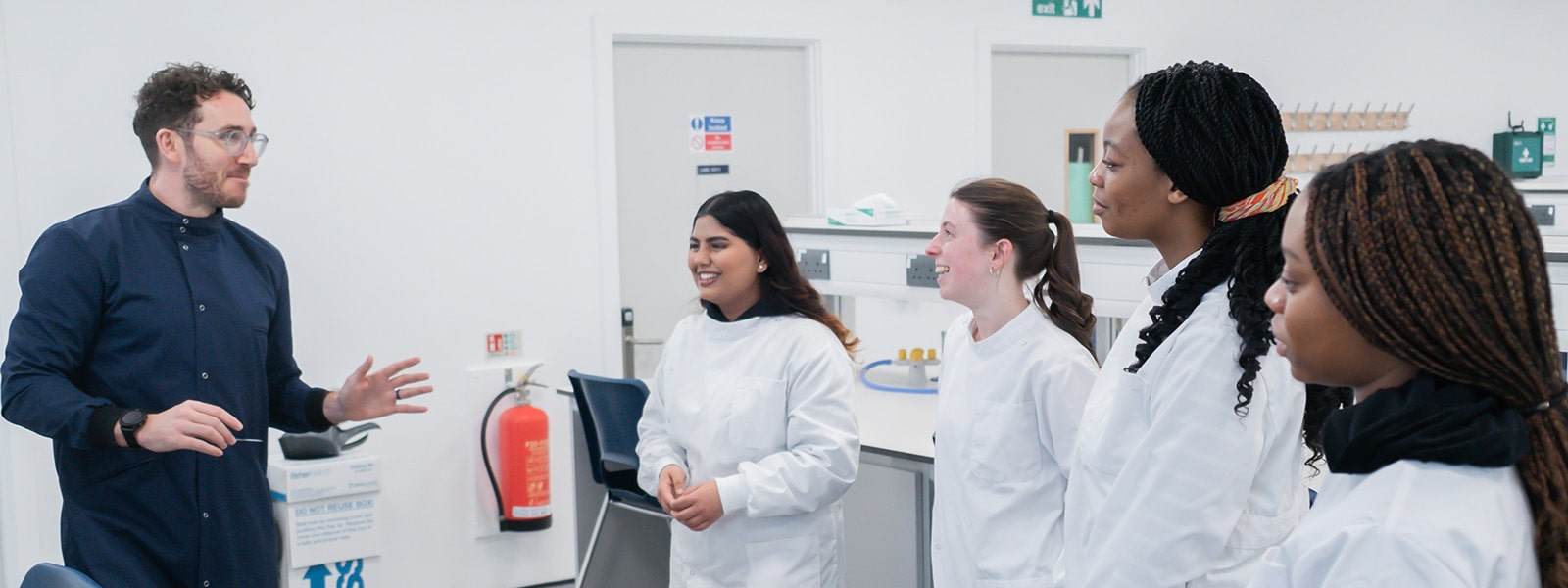Year One
- Essential skills for apprentice paramedics
- Mental health and resilience
- Time critical and special populations
- Introductory anatomy and physiology
- Professional practice 1
Year Two
- Interprofessional and collaborative practice across the health professions
- Professional practice 2
- Public health and health determinants
- Developing skills for apprentice paramedics
- Pathophysiology
Year Three
- Leadership and education support
- Professional practice 3
- Augmenting skills for apprentice paramedics
- Research and evidence-based practice
- Clinical pharmacology
Module and assessment information for future years is displayed as currently validated and may be liable to change.

